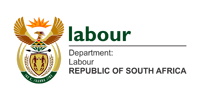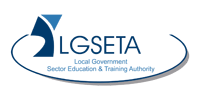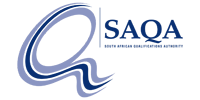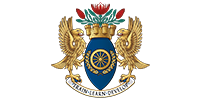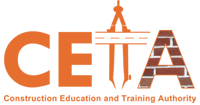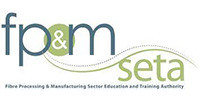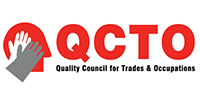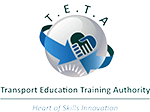One of the most beneficial contributions to humanitarian work is first aid training. First aid offers valuable skills for onsite volunteers, journalists and humanitarian aid organisations during a crisis. We have seen an increase in global conflicts, and these skills have become ever more valuable. Being able to respond to emergencies during armed conflict with the appropriate knowledge is what can save lives, particularly when healthcare systems are inaccessible.
EMCARE is a national health and training company that offers a thorough and accredited first aid training course that can provide you with the necessary skills to make a difference. Being trained by experienced and qualified individuals is the first step. Regardless of humanitarian work at home or abroad, with EMCARE you know you are being trained by accredited and experienced facilitators.
In this article, we explore the advantageous skills first aid provides and why it makes a difference. We then discuss how EMCARE can help you make that difference.
Armed Conflicts And Natural Disasters
We have seen a rise in armed conflicts on a global scale. In Africa alone, there are currently thirty-five ongoing armed conflicts. A prominent conflict is the war in Sudan which has displaced millions and killed more than 10,000 civilians. According to the Armed Conflict Location and Event Data Project, this armed conflict has impacted the safety of neighbouring countries.
Not only has Africa been impacted by war, but natural disasters have killed hundreds of individuals and displaced thousands. A cyclone in Malawi and Mozambique is one such event that happened in 2023, and the drought in Angola is another. The latter has had a significant impact on pregnant women.
Another international conflict that has had an impact on the health and safety of women is the ongoing war in Palestine. Palestine has also significantly been impacted by natural hazards which has left many vulnerable.
First Aid Training For Humanitarian Workers
First aid provides a supplementary frontline role for humanitarian workers. Hospitals in most conflict zones are heavily impacted with supplies and staff being overwhelmed. First aid allows organisations to treat more superficial wounds. For those with level three first aid training more help can be offered to aid in the care of those injured in both conflicts and natural disasters.
First aid expertise allows communities to protect themselves and humanitarian aid organisations like the United Nations Relief and Works Agency (UNRWA) and international rescue committee (IRC) to provide life-saving supplies and first aid to those impacted by these events.
Being able to respond quickly and accurately during these events is the purpose of training in first aid, and why it is valuable in the high-risk work of humanitarian aid. When working in hazardous and dangerous environments, having first aid skills will always be more beneficial, and that is why EMCARE is instrumental.
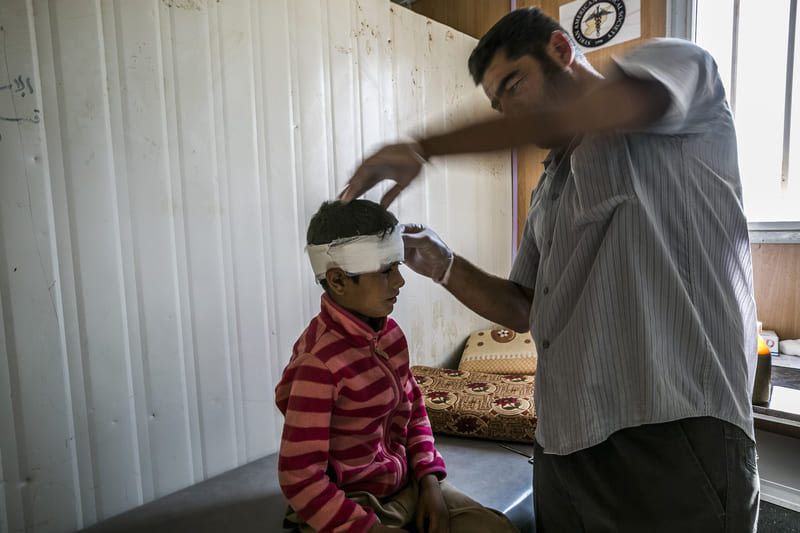
About EMCARE
EMCARE has been providing health and safety training for over three decades. We have the knowledge and experience to provide professional and influential health and emergency training, amongst our other courses. Our courses are accredited and adhere to all relevant legislative bodies.
When you train at EMCARE, you are also being trained with highly qualified instructors who have thousands of hours of work experience in their field. With our professional, experienced and accredited courses, you can trust that you will learn valuable tools to help in times of crisis. With our decades’ worth of experience and passionate facilitators, we are more than ready to help you in your training journey and make it as worthwhile as possible.
EMCARE’s Courses
EMCARE offers four first aid courses. We provide a basic beginner’s course which provides elementary introductions to first aid. In first aid training at level one, you go into more depth. You will cover an extensive amount of theoretical and practical components. Wounds and bleeding, head and spinal injuries and emergency care equipment are among some of the crucial skills you will learn that can particularly aid in humanitarian work.
In level two, you go into more intermediate knowledge and more detail on paediatric patients. Environmental illnesses and injuries are also covered which can aid further in humanitarian endeavours. Finally, as spoken about in armed conflicts – women and childbirth are often impacted. Level three is particularly beneficial in this case. Emergency childbirth is covered with practical demonstrations and exercises.
The topics above only scratch the surface of beneficial skills you will learn in first aid training. If you want to learn more and see the full course modules, you can read our guide which provides a comprehensive summary. We also offer a first aid training course in CPR and AED, which is particularly beneficial if you want to further your ability to respond to chains of survival as well as issues related to the heart and breathing.
Finally, all four of our first aid training courses will individually be valid for three years and are instructed by registered healthcare professionals. So all modules spoken about above and seen further in the guide will equip you with expertise that can be trusted.
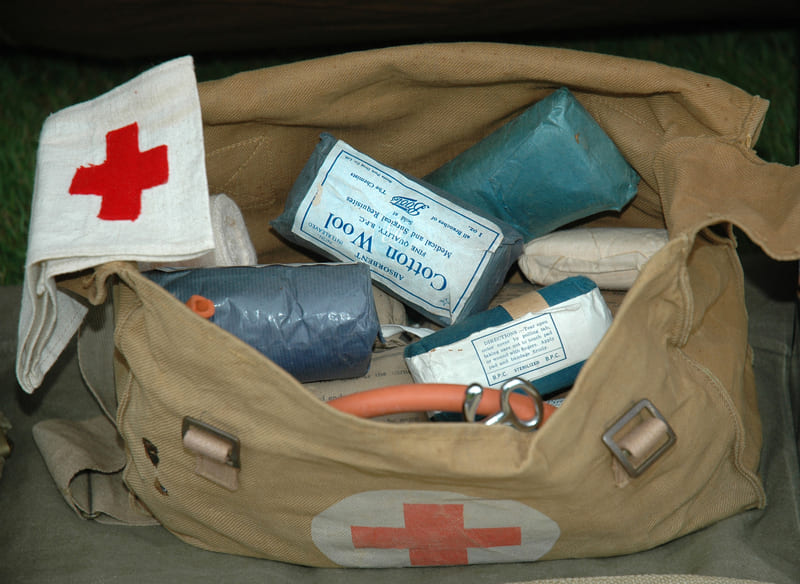
Get In Touch
Ultimately, in a time where armed conflict and natural disasters humanitarian aid is incredibly beneficial. When wanting to pursue this field of work, in order to make the most proactive change, first aid training is crucial. EMCARE’s first aid training provides you with extensive knowledge and will help you feel confident in your abilities as a first aid responder. This makes an important difference in areas where hospitals and medical aid are lacking or overwhelmed. Get in touch with EMCARE to make a difference and impact the lives of those around you in this field of work.


